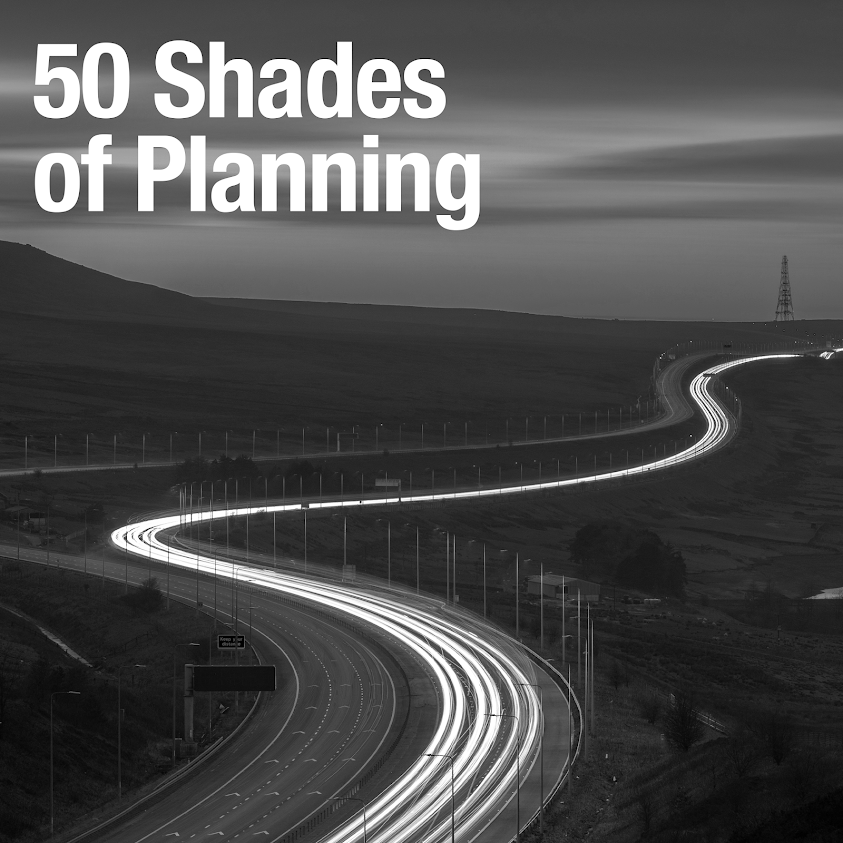Colleagues asked me for 500 words for a corporate LinkedIn post and this is bang on 500 words. I will write something much, much longer at some point... In terms of excitement, Planning Reform Day, when it finally came, did not disappoint. A good proportion of my 500-word limit will be used listing everything that we were treated to, but it is worth doing so because it conveys just how many moving parts the planning system is comprised of. As well as the updated NPPF and the Government response to the consultation version, the Secretary of State gave a speech and the Minister gave a written statement to Parliament. There were letters to the Mayor of London about poor housing delivery and to recalcitrant LPAs about plan-making. There was updated Green Belt guidance, the 2022 Housing Delivery Test results, and an announcement about recipients of the Planning Skills Delivery fund. There was, perhaps unsurprisingly, something within all of this for almost everybody. For those who would lik
